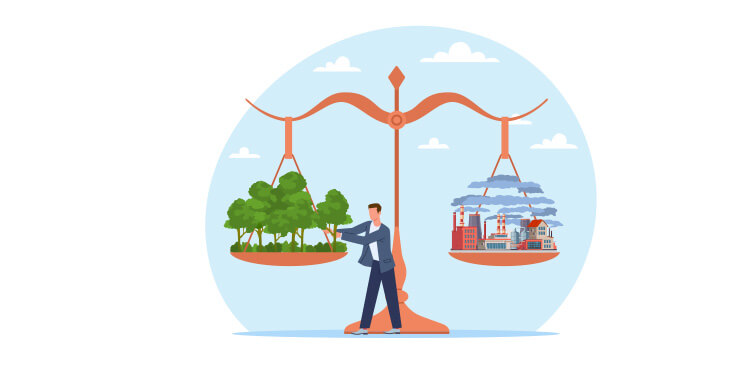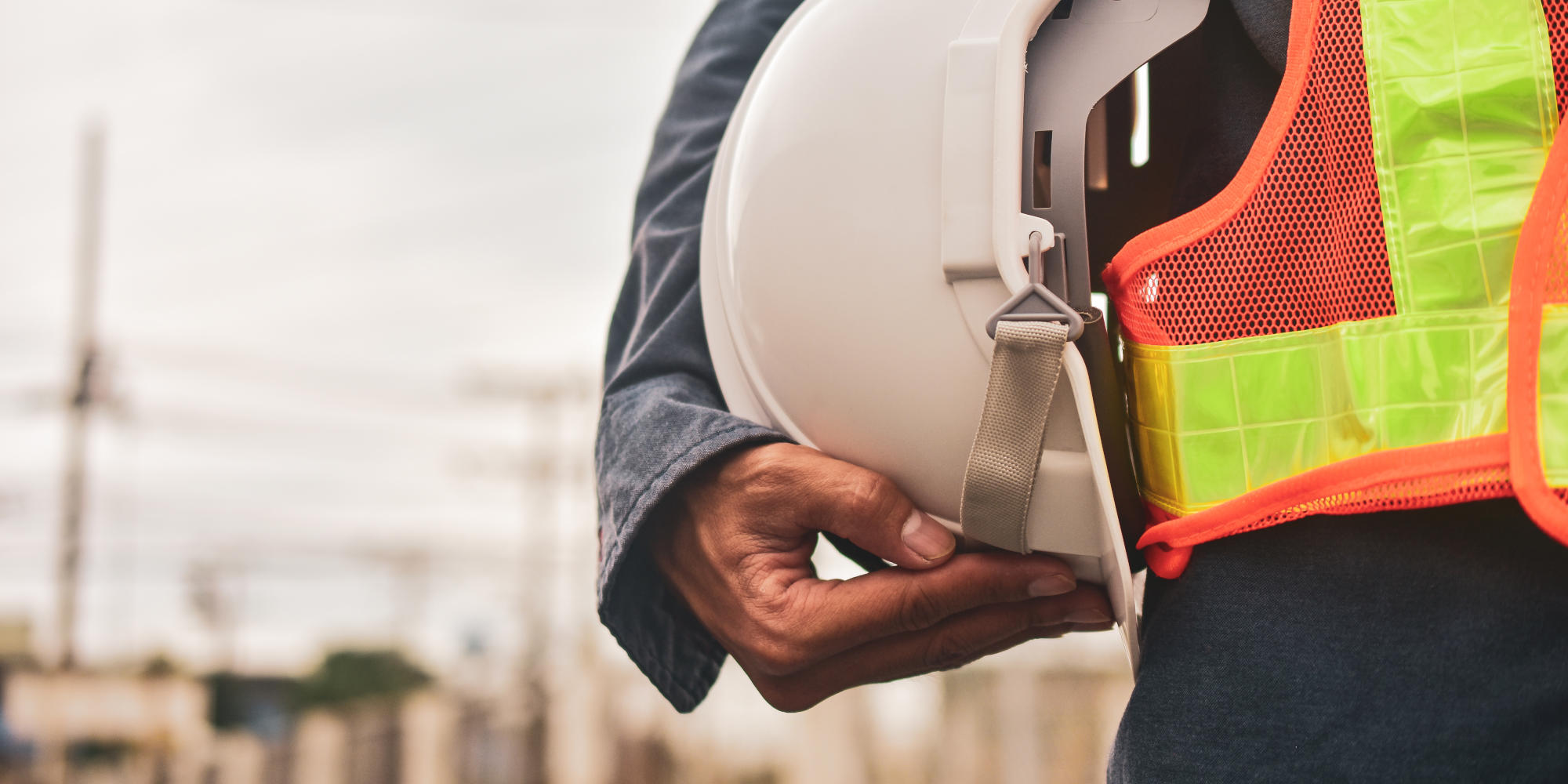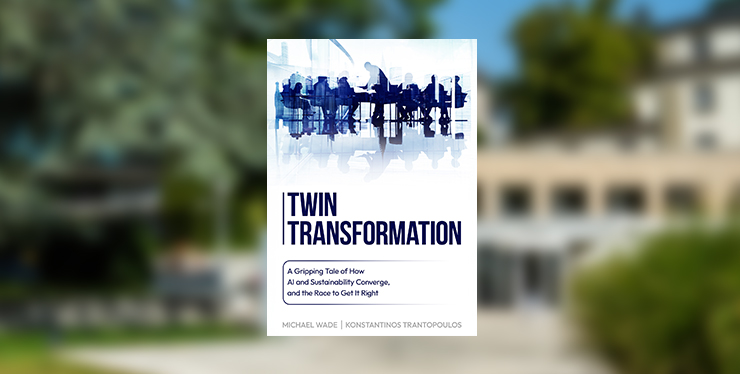Collaborative Blended Finance Solutions: BNP Paribas in Indonesia

This webinar, led by Professor Vanina Farber, elea Chair of Social Innovation and Pierre Rousseau, Strategic Advisor on Sustainable Business, BNP Paribas, appeared live on Wednesday, 6th May at 12pm CEST.
How can blended finance accelerate and scale investment in social innovation? Professor Vanina Farber opens this webinar with a question central to her current research, and invites Pierre Rousseau to the discussion to expand on his experiences with BNP Paribas’ blended finance initiative in Indonesia – the Tropical Landscape Finance Facility (TLFF). The partnership united UNEP, ADM Capital and ICRAF, with BNP Paribas acting as the financial advisor, structurer and distributor of the first issuance.
The $95 million inaugural transaction of the TLFF was completed in 2018 to provide a Sustainability Bond to a Michelin subsidiary to finance a sustainable natural rubber plantation on heavily degraded land and at the same time enable primary forest conservation in Indonesia.
Professor Vanina Farber invites Pierre Rousseau to illustrate how the TLFF advances innovation in blended financing facilities. She says “I think corporates know how to finance innovation but how to do that at scale, especially to address grand challenges is still an unsolved problem.”
While aiming to source projects that improve livelihoods and support environmental conservation in Indonesia, the TLFF created an SVP or ‘special purpose vehicle’ to issue a sustainable bond that offers tailored risk-return tranches to attract different classes of prospective investors. One of the tranches is partially guaranteed by USAID with a first loss provision in case of default. This process enables private and public sector stakeholders to pool financial resources, while investors continue to be rewarded by receiving an attractive interest rate aligned to commercial market returns. The structure unlocks a loan to the operator, a local plantation to generate commercially viable business opportunities, whereby a corporate sponsor is usually the ‘off-taker’ – the primary purchaser of the goods produced by the new business.
Pierre Rousseau explains the constraints of traditional banking loan models as well as using capital markets to finance loans that are linked to social and environmental impact. He outlines how blended finance can remove transactions from the balance sheets of both banks and clients, which permits more flexibility to finance “something larger than just the extraction of the commodities.” He says “you need to create a solution that takes everything out of the balance sheet of the client when the client will continue to be the sponsor as well as the ‘off taker’ in the project.” The off-taker promises to purchase the social goods produced by the receiver of the loan.
The TLFF partnership requires each stakeholder to serve a unique role to create the financing structure. Pierre Rousseau explains each of their roles in detail. UNEP is managing the secretariat and leads the coordination, especially with the local authorities. ADM Capital serves as the project manager, including environmental and social performance monitoring. USAID plays the role of partial guarantor while ICRAF is engaged as the technical provider. BNP Paribas is acting as financial advisor, structurer and distributor.
Pierre Rousseau explains the sheer complexity of blended finance facilities such as the TLFF, where publicly-available documentation on the project is about 700 pages long! Bringing the TLFF to life included a number of key ingredients, particularly: deep collaboration across public and private sectors; the creation of new financing schemes that are inspired by financial instruments beyond the typical banking toolbox that incorporate aspects from different financing expertise; the need to think long-term; measuring impact and leveraging the power of big data; providing scale and managing risk as scale increases; and finally being fully transparent to gain trust.
To find out more about upcoming webinars from the elea Center for Social Innovation, please visit the Center’s page here.
Research Information & Knowledge Hub for additional information on IMD publications
The B case outlines how, by early 2025, Isabella Phoenix's initial vision for HP's Amplify Impact sustainability program had grown into a global initiative involving 4,800 partners in 48 countries. The program surpassed its goals, enrolling 59 of ...
The A case in this two-part series outlines the challenges Isabella Phoenix faced in designing a global sustainability program for HP's vast network of channel partners in just 12 weeks with only one team member and limited resources. The initiati...
In today’s boardrooms, two themes dominate: rapid technological advancement and the growing urgency of environmental accountability. But a new source of competitive advantage is emerging, not from A.I. or sustainability alone, but from the deliber...

In President Trump’s second term, a variety of executive actions have reversed social progress. Withdrawing from the Paris Climate Agreement presents a significant challenge to bending the global emissions curve since it is one of the world’s larg...
in I by IMD
Research Information & Knowledge Hub for additional information on IMD publications
Research Information & Knowledge Hub for additional information on IMD publications
Case reference: IMD-2681 ©2025
Research Information & Knowledge Hub for additional information on IMD publications
in I by IMD
Research Information & Knowledge Hub for additional information on IMD publications
Research Information & Knowledge Hub for additional information on IMD publications
in I by IMD
Research Information & Knowledge Hub for additional information on IMD publications
in I by IMD
Research Information & Knowledge Hub for additional information on IMD publications
Research Information & Knowledge Hub for additional information on IMD publications
Research Information & Knowledge Hub for additional information on IMD publications
in Stanford Social Innovation Review Online 2 June 2025
Research Information & Knowledge Hub for additional information on IMD publications








